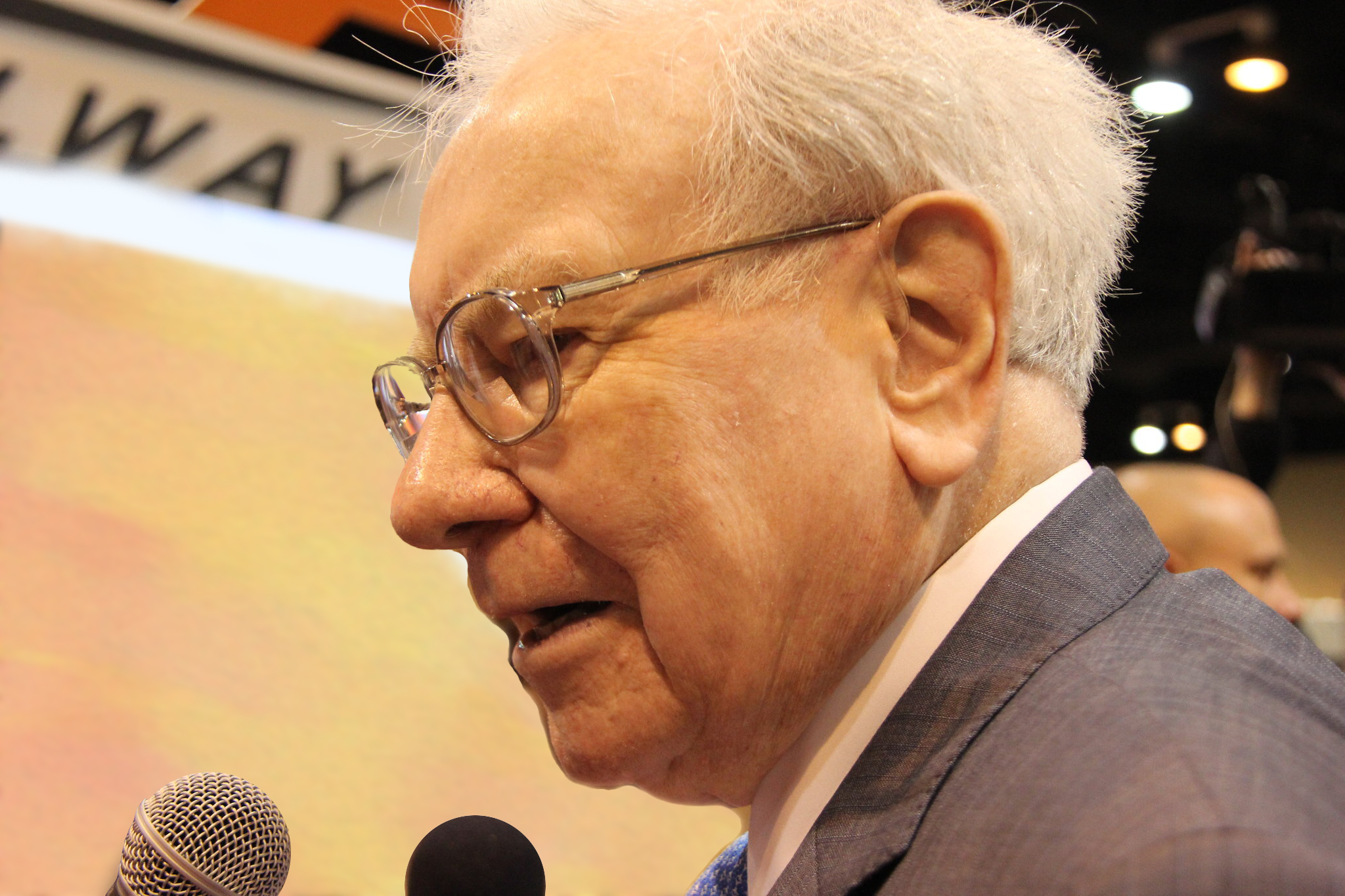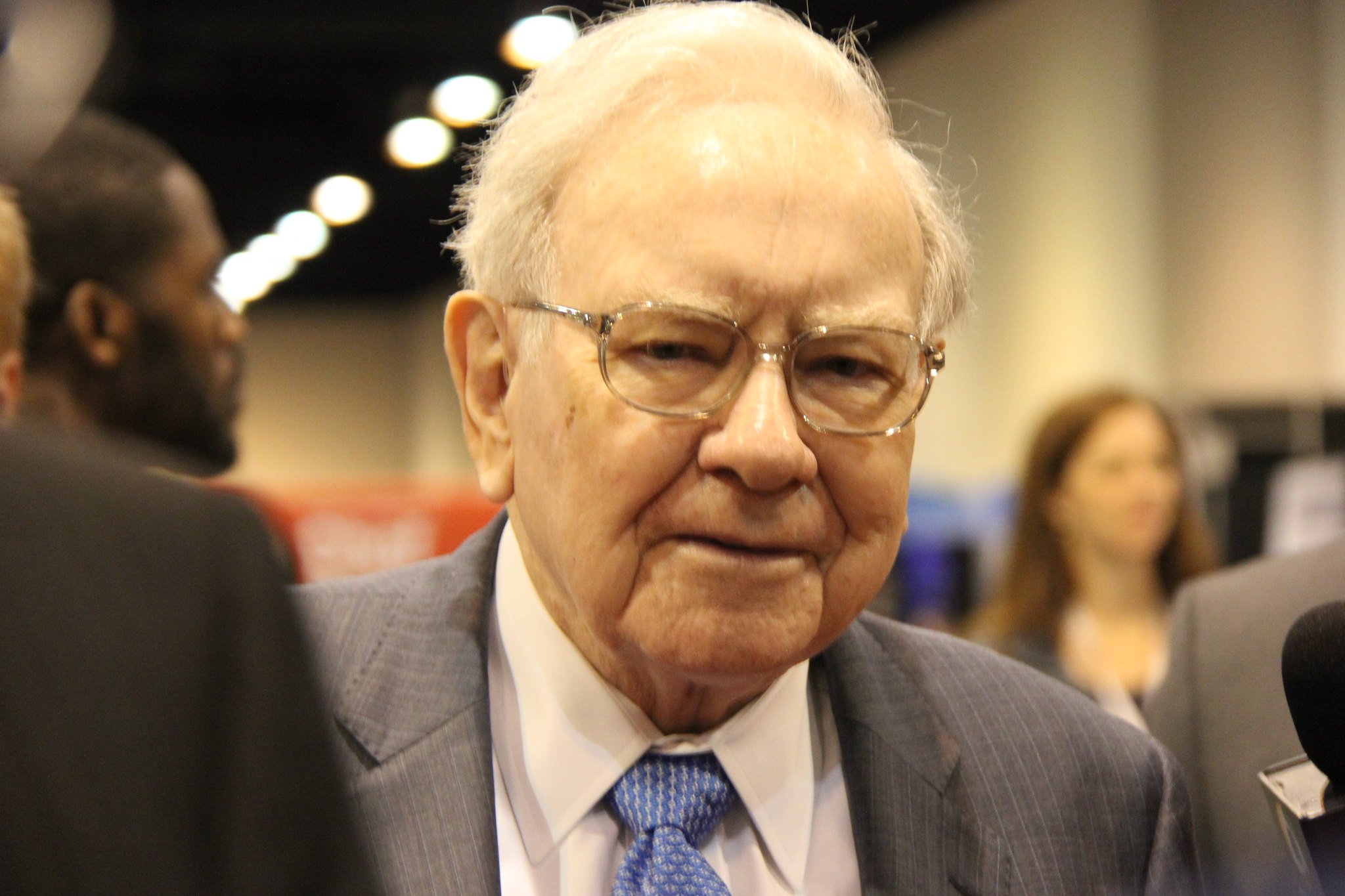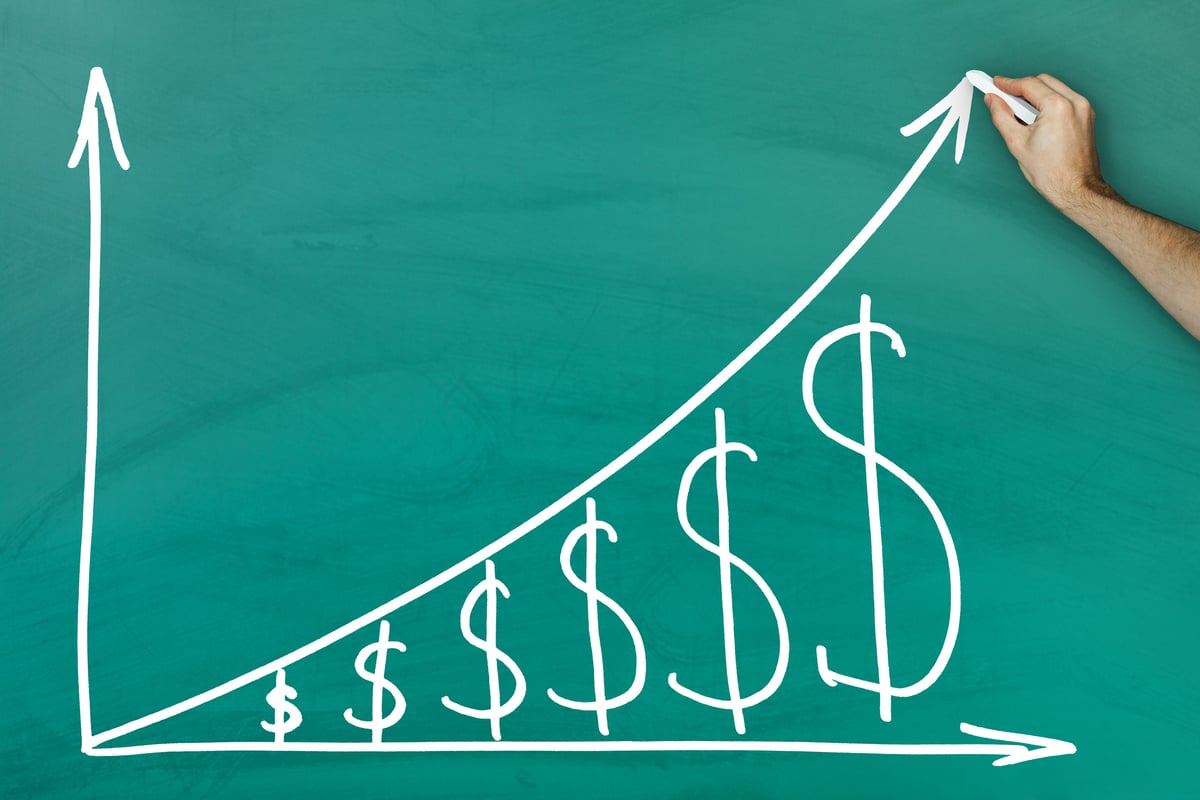Every year, shareholders, investors, and the media flock to Omaha, Nebraska, for the Berkshire Hathaway (BRK.A 0.30%)(BRK.B +0.00%) annual meeting. It is a chance for Wall Street and Main Street to hear directly from Chief Executive Officer Warren Buffett, whose long-term investment success has earned him the nickname "the Oracle of Omaha." This time, however, what Buffett had to say was a bit different because he announced his plan to retire at year-end. Will anything change now that this leadership transition is finally taking shape?
What does Berkshire Hathaway do?
Before discussing Buffett's retirement, it is important to first dig into Berkshire Hathaway's business model. Although when it has to be categorized, it is usually placed in the financial sector because of its large insurance operations, it's really a gigantic, diversified conglomerate. Where most companies can summarize their businesses in a paragraph or two, Berkshire Hathaway's business description runs more than 20 pages.

Image source: The Motley Fool.
Its broad portfolio of wholly owned businesses that get broken out for detailed reporting every quarter includes insurance, as noted, but also utilities, pipelines, and railroads. Then there are the more than 100 businesses it owns that only get discussed in the annual report and not broken out in detail. Even then, the discussions are usually fairly brief given the sheer diversity and number of businesses that Berkshire Hathaway owns, from retail to manufacturing.
Investors buying Berkshire Hathaway with the goal of investing alongside the Oracle of Omaha have the right idea. In some key ways, the conglomerate is more like a mutual fund than an actual operating business. Further enhancing that view is the small collection of rather large investments that Berkshire Hathaway has in publicly traded companies like Coca-Cola (KO +1.64%), Chevron (CVX +1.82%), and American Express (AXP 1.92%).
Buffett's retirement seems less important
To answer the question of whether anything will change after Buffett hands the reins to Greg Abel, his chosen successor, the simple reply is "Of course." There's no way that things couldn't change, since Buffett is Buffett and Abel is Abel. Every investor's approach is slightly different, hard stop.
However, Abel joined Berkshire Hathaway in 1999 when the company bought MidAmerican Energy. That means that he has been steeped in the Berkshire Hathaway ethos for more than a quarter of a century. He earned enough trust to rise up through the ranks until he was, basically, Buffett's right-hand man. The two obviously work closely together, and have for years.

NYSE: BRK.B
Key Data Points
While Abel will have his own investment approach, that approach has been directly molded by Buffett. You might call Buffett the mentor in this relationship, in a similar way to how Benjamin Graham mentored Buffett. However, Buffett has spent a lot longer tutoring Abel. And it is important to note that Abel has probably had a hand in every major investment decision at Berkshire since Buffett's late partner Charlie Munger, passed away in 2023. That said, it's likely Abel's involvement started well before that. He isn't simply stepping in with no knowledge of, or history with, Berkshire Hathaway.
The future probably won't be too different from the past
There's a safety valve here because even as Abel takes the reins as CEO, Buffett isn't walking away from the company he built. He is slated to remain the chairman, which means he's still Abel's boss. Their relationship will be vastly different, since Buffett won't have day-to-day operational control of the business, but he will be there as a sounding board and to provide guidance if it's needed.
So will things change at Berkshire Hathaway after Abel takes over? Yes. It is unrealistic to think that a new CEO won't make some changes. Will things change drastically from the way that Buffett ran the show? Probably not.









